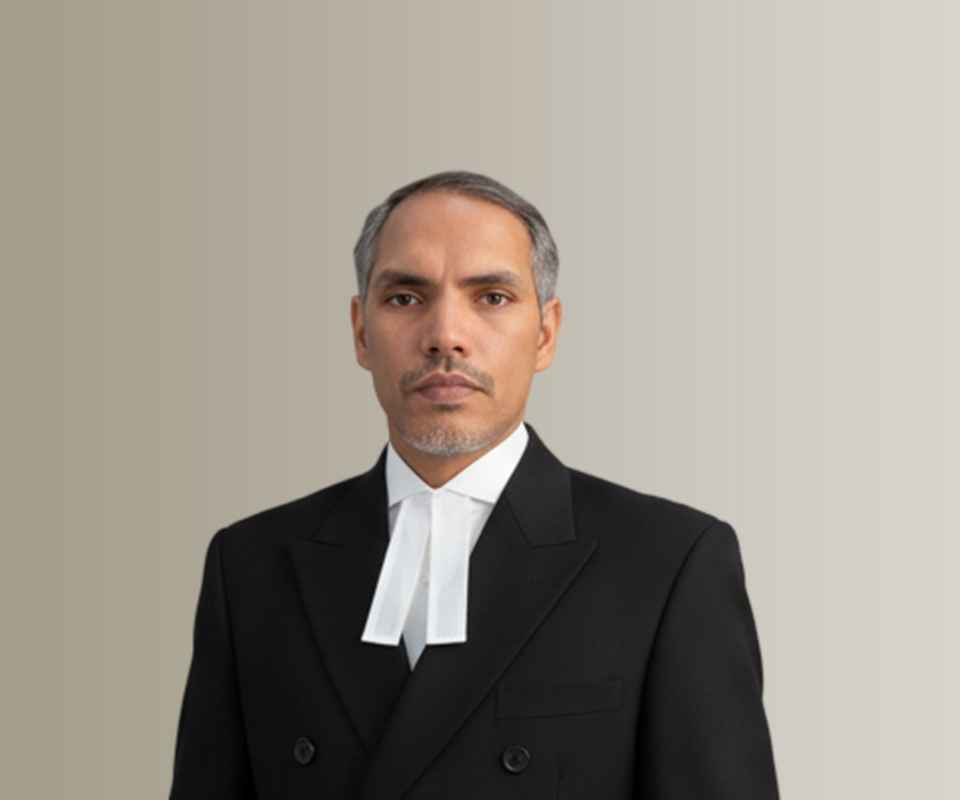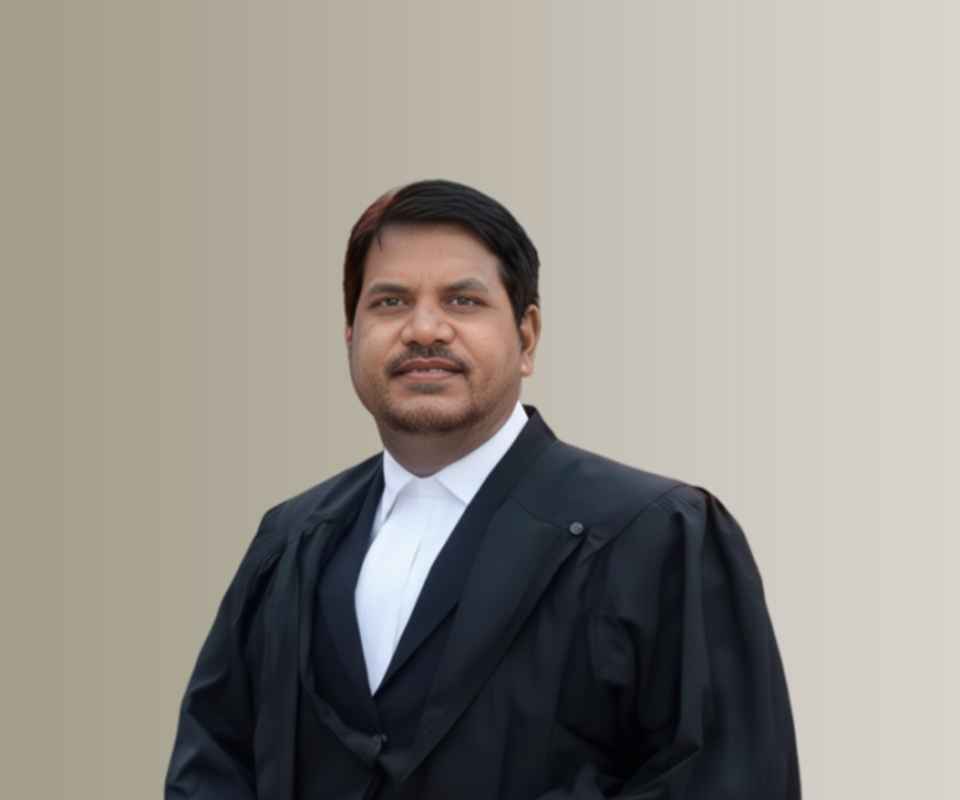Answer By law4u team
Bhartiya Sakshya Adhiniyam, 2023 - Section 52: Facts of which Court shall take judicial notice
(1) The Court shall take judicial notice of the following facts, namely:—
- (a) all laws in force in the territory of India including laws having extra-territorial operation;
- (b) international treaty, agreement or convention with country or countries by India, or decisions made by India at international associations or other bodies;
- (c) the course of proceeding of the Constituent Assembly of India, of Parliament of India and of the State Legislatures;
- (d) the seals of all Courts and Tribunals;
- (e) the seals of Courts of Admiralty and Maritime Jurisdiction, Notaries Public, and all seals which any person is authorised to use by the Constitution, or by an Act of Parliament or State Legislatures, or Regulations having the force of law in India;
- (f) the accession to office, names, titles, functions, and signatures of the persons filling for the time being any public office in any State, if the fact of their appointment to such office is notified in any Official Gazette;
- (g) the existence, title and national flag of every country or sovereign recognised by the Government of India;
- (h) the divisions of time, the geographical divisions of the world, and public festivals, fasts and holidays notified in the Official Gazette;
- (i) the territory of India;
- (j) the commencement, continuance and termination of hostilities between the Government of India and any other country or body of persons;
- (k) the names of the members and officers of the Court and of their deputies and subordinate officers and assistants, and also of all officers acting in execution of its process, and of advocates and other persons authorised by law to appear or act before it;
- (l) the rule of the road on land or at sea.
(2) In the cases referred to in sub-section (1) and also on all matters of public history, literature, science or art, the Court may resort for its aid to appropriate books or documents of reference and if the Court is called upon by any person to take judicial notice of any fact, it may refuse to do so unless and until such person produces any such book or document as it may consider necessary to enable it to do so.
Brefe Detail
This section outlines the facts that a court must take judicial notice of, including laws in force, international treaties, and various public and official matters. It emphasizes the court's reliance on recognized facts and documentation in judicial proceedings.
Question & Answers
What facts must the court take judicial notice of?
The court must take notice of laws in force in India, international treaties, parliamentary proceedings, official seals, public office holders, and several other facts specified in the section.
Can the court refuse to take judicial notice of a fact?
Yes, the court may refuse unless the person requesting it provides appropriate books or documents as necessary.
Does this section apply to private or personal matters?
No, it primarily deals with public facts and matters of general significance.
Example
1. A court may automatically recognize the current laws regulating traffic in India without needing proof.
2. If someone argues that a treaty affects their case, the court will acknowledge the existence of that treaty.
Summary
Section 52 of the Bhartiya Sakshya Adhiniyam, 2023 specifies the facts that courts are required to recognize without proof. This includes various public laws and the roles of public officials, emphasizing the importance of documented authority in judicial proceedings.







